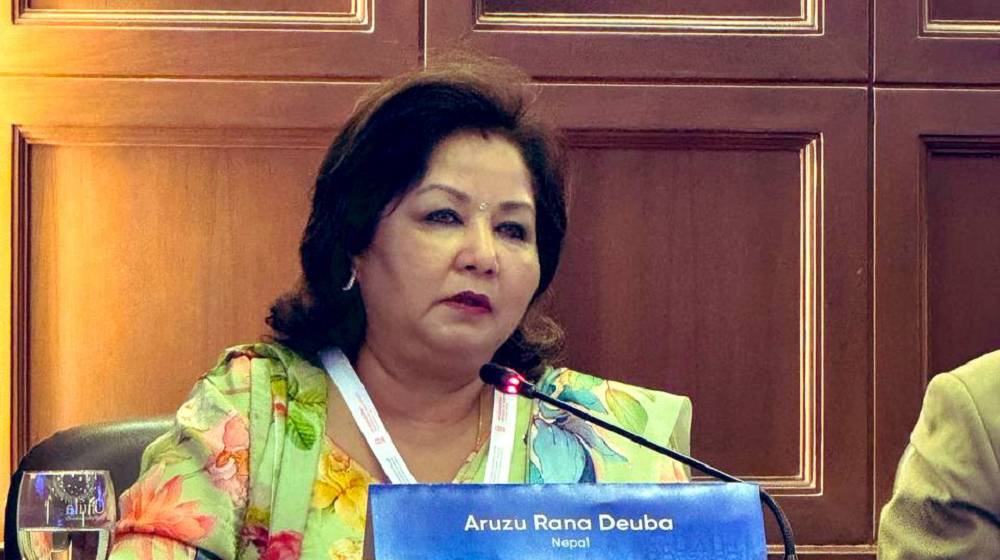By Shambhu Yadav | Siraha / Raj Karan Mahato | Mahottari
Dukhani Sadaya from Lahan municipality in the district of Siraha is now 65, an age when she becomes eligible for social security allowance. But she is still struggling to get a citizenship certificate, which is a prerequisite to apply for government services. Her son Rajkumar Sadaya, 35, and daughter-in-law Anita Sadaya, 32, do not have citizenship certificates either. In fact, no one from the Sadaya family has a citizenship card.
Dukhani’s husband Banhu Sadaya, who passed away last year, had knocked on the doors of government offices numerous times to get a citizenship card, but all in vain. Banhu’s father Munar had also faced similar problems, which means the family has been deprived of government services for three generations.
No one from the Sadaya family has a citizenship card
Rajkumar has one daughter, Bhagwati, and two sons, Rakesh and Mukesh. When Rajkumar applied for birth certificates for Bhagwati and Rakesh, the erstwhile Village Development Committee (VDC) did not demand their parents’ citizenship certificates. But the authorities asked for those certificates when Rajkumar applied for a birth certificate for his youngest son Mukesh. Because Mukesh’s parents did not have citizenship cards, he could not get a birth certificate.
Mukesh attends the village’s primary school, but he is not formally enrolled as he does not have a birth certificate. Says Rajkumar, “Even though we have visited various government offices, nothing has come of it. My forefathers could not get citizenship cards, so we are facing difficulties now. The government policies make us feel stateless.”
Rajkumar works as a manual laborer in the construction business. Although he dreams of building his own house with his hard-earned money, it looks unlikely, both because he lacks a citizenship certificate and because what he makes barely covers his household expenses.
In contrast, Kisani Sadaya and Khajani Sadaya from another ward in Lahan municipality received their citizenship certificates in 2006. But because their husbands do not have citizenship cards, their sons could not get birth certificates. As such, they cannot enroll in a school.
Traditionally, members of the Musahar community worked for local landlords, and getting citizenship cards was never an important consideration for them.
“Nobody made them aware about the significance of getting citizenship certificates, so they are facing problems now,” says rights activist Binod Bisuke. He suggests the government carry out a survey of the Musahars and issue citizenship certificates to bona fide citizens.
Chief District Officer Rudra Prasad Pandit says that if anyone presents a document proving that their family has lived in Nepal for three generations, it can be used to support their case for acquiring a citizenship certificate.
On the other hand, 23-year-old Manjaya Sadaya from the district of Mahottari is happy to finally receive his citizenship certificate after struggling to obtain it for six years. “Now I will try to get a government job,” he says elatedly. Earlier, he could not enjoy government services, open a bank account, vote in elections or avail himself of scholarship opportunities because he did not have a card to prove his citizenship.

_20190420031130_20190426114112.jpg)









